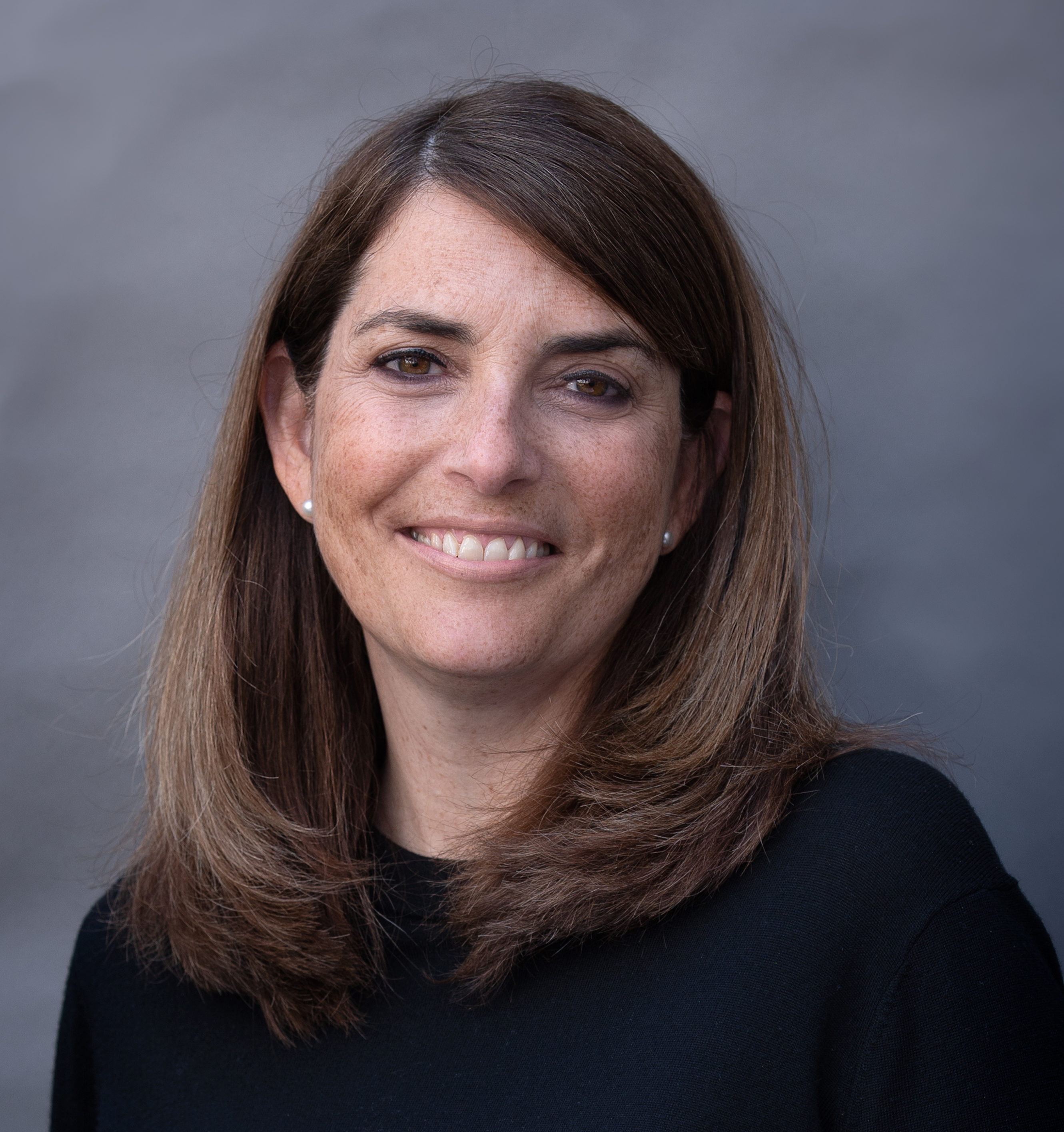Brem Foundation to Defeat Breast Cancer Statement on USPSTF Breast Cancer Screening Recommendation
Brem Foundation to Defeat Breast Cancer is deeply disappointed by the final recommendation statement issued by USPSTF on screening for breast cancer. While they do take the step of recommending that women at average risk for breast cancer start regular screening mammograms at age 40 (a significant shift from their previous recommendation to wait until age 50), their guidelines fall short on several fronts - in not recommending annual screening, not effectively addressing existing disparities through risk assessment, and not recognizing the importance of additional screening beyond mammography for women with dense breasts
Simply put, this final recommendation puts more women at risk.
The evidence is clear - early detection of breast cancer saves lives. Over 95 percent of women who receive an early diagnosis can see high rates of survival with treatment. That number drops to 30 percent when breast cancer is caught at later stages.
USPSTF’s final recommendation is particularly troubling due to recent studies that show rising cancer rates for younger Americans under 50, particularly among women. Between 2010 and 2019, diagnoses among people aged 30 to 39 increased 19.4 percent, with breast cancer accounting for the highest number of cancer cases in younger people. The rate of late-stage breast cancer diagnoses in young women also has been climbing, with women under age 50 more likely to be diagnosed with aggressive cancers.
It is important to remember that the goal of screening is to reduce breast cancer deaths. Annual mammograms for women at average risk are critical; without them, interval cancers that appear between screening mammograms can grow unchecked and quickly. Brem Foundation Chief Medical Officer Dr. Rachel Brem states: “It is the responsibility of medical providers to save the most women possible. One of the chief ‘harms ' of mammography noted by the USPSTF is increased anxiety due to false positives, which is not life threatening. In contrast, a late stage breast cancer diagnosis can be devastating. The failure of USPSTF to recommend annual mammograms is also perplexing as other leading medical associations, such as ACOG, ACR and SBI, have long recommended annual screening. To save more lives, the USPSTF must reverse course and recommend annual mammography for average-risk women starting at age 40.”
Brem Foundation refutes USPSTF’s conclusion that “the evidence is insufficient to determine the balance of benefits and harms of supplemental screening for breast cancer with breast ultrasound or MRI, regardless of breast density.” Breast density impacts 40% of women in the U.S. Multiple published studies have already demonstrated that both breast ultrasound and MRI, when combined with mammogram, can demonstrably increase cancer detection in women with dense breast tissue. Brem Foundation is deeply dismayed that the USPSTF has ignored this data and issued an I (inconclusive) grade on the topic.
The final guidelines released today acknowledge that breast cancer can be deadly for Black women, yet USPSTF missed the opportunity to call for an earlier risk assessment for Black women and other ethnic groups who are at increased risk. In contrast, the American College of Radiology has recommended that high-risk groups such as Black women and Ashkenazi Jewish women get risk assessments by age 25 to determine whether mammography before age 40 is needed, which Brem Foundation strongly supports.
In sum, while the proposed guidelines change the age to begin screening, they completely miss the mark on several critical issues in early detection that could lead to better health outcomes. Brem CEO Clare Dougherty notes, “As women navigate the complexities of their breast health, they deserve every tool available to detect a potential cancer as early as possible. This includes clear and consistent guidelines on when to screen and how often. USPSTF can and should do better by women.”

About Clare Dougherty, CEO
Clare Dougherty has worked at the intersection of public policy, communications, and mission-driven leadership for the last 25 years, focusing on the health and well-being of women and children. Prior to joining the Brem Foundation to Defeat Breast Cancer, Clare spent over 15 years at the Elizabeth Glaser Pediatric AIDS Foundation (EGPAF), working to promote, enhance, and protect the organization’s global brand reputation, while building stakeholder and donor support for its mission to end AIDS in children, youth, and families.


